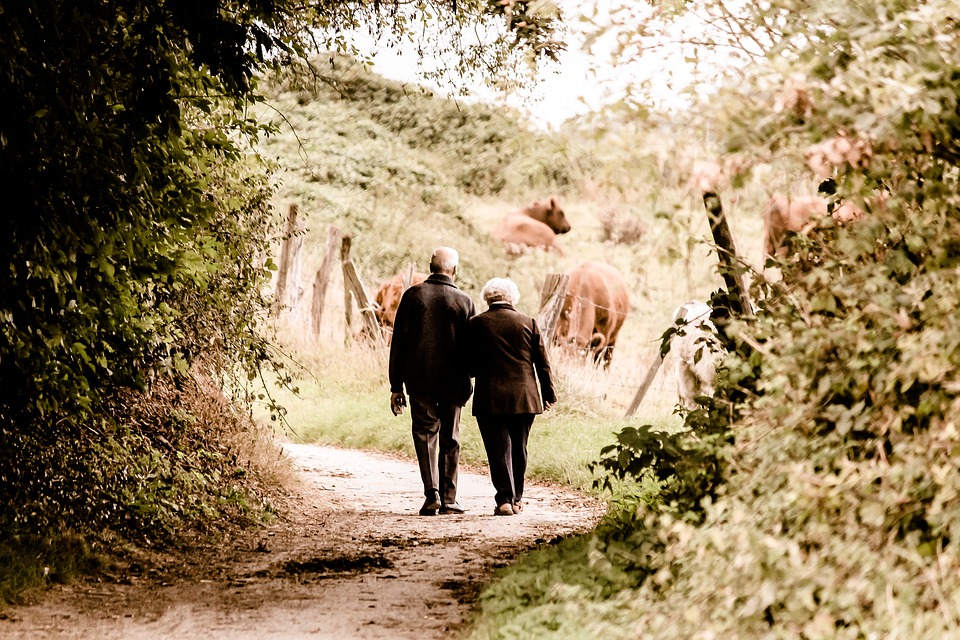“As the ‘elderly’ group gets larger, so do the emissions from this group.”
.
Sidmouth is known for its elderly population – as a rather grumpy portrait points out:

Sidmouth, it is paradise… for the retired or elderly
More seriously, it poses a ‘demographic time bomb’ – as perhaps another stereotype goes:
It is clear, then, that the Sid Valley has an ageing population – but what of its impact on the most pressing issue of our age?
This is not confined, of course, to these parts:
Older People Are Contributing to Climate Change, and Suffering From It – The New York Times (paywall)
But it is more nuanced, as the UK’s “think tank on the impact of longevity on society” suggests:
However, the debate on climate change is often held up as a narrative of intergenerational difference, with older people viewed as bringing high levels of consumption across their life course and being largely apathetic to the issues of climate change. However, contrary to this, a 2010 British attitudes survey found that 68 per cent of 55-65s are either very or fairly concerned about climate change.
Not us and them – The voice of older people in the climate crisis – ILCUK
A local correspondent writes on the issues, commenting on the latest research:
Old people are wrecking the planet!!!!!!
Bad news for baby boomers: People over 60 are now the ‘greenhouse gas bad guys’ and are responsible for a THIRD of global emissions, study finds
Researchers studied emissions in 32 countries in 2005, 2010 and 2015: In the seven years since then, researchers believe it’s likely the over-60 group has surpassed the 45 to 59-year-olds to become the top of the emissions ladder
People over 60 are responsible for a THIRD of global greenhouse emissions, study finds | Daily Mail
Even though, as the article states:
According to the researchers, emissions that the elderly account for tend to be more local, while younger groups consume more imported goods, which lead to emissions in other countries.
Which could mean that ‘youngsters’ emissions are hidden …. so the Daily Mail may have got hold of the wrong end of the stick!!!
Here is the abstract from the original study:
Populations in developed countries are ageing. However, the impact of senior citizens’ consumption on global carbon mitigation is poorly understood. Here we find that senior citizens have played a leading role in driving up GHG emissions in the past decade and are on the way to becoming the largest contributor. The trend is mainly due to changes in expenditure patterns of seniors.
The demographic change poses more challenges in local mitigation and calls for deeper public mitigation efforts. A large proportion of the population in developed countries will be of senior age in the years ahead. The carbon emissions of this group comprised an increasing share of the total emissions in developed countries in the past decade, with high expenditure on carbon-intensive products, and this trend will continue in the future.
Ageing society in developed countries challenges carbon mitigation | researchgate.net
Yet the abstract does not seem to suggest that the elderly individually create more emissions but that as the ‘elderly’ group gets larger, so do the emissions from this group.
And they have bigger houses, but I can’t see how that by itself increases emissions? They may be very well insulated houses and the elderly may use less resources generally as they aren’t constantly cooking/cleaning/using washing machines…